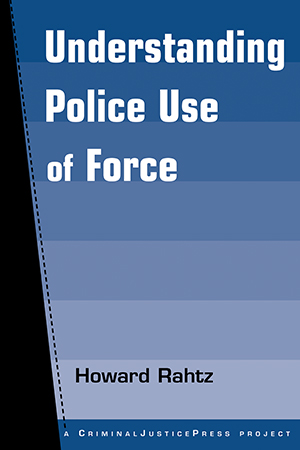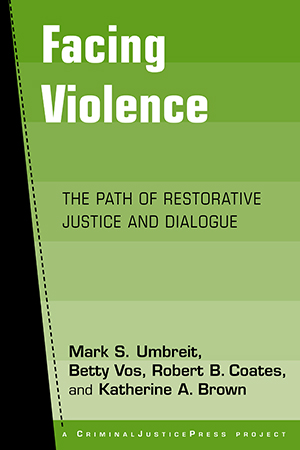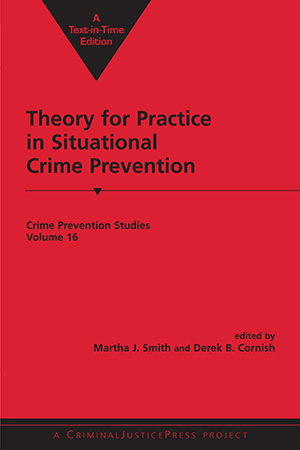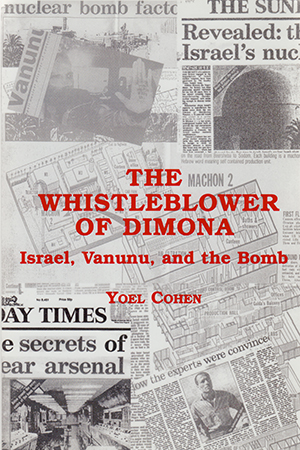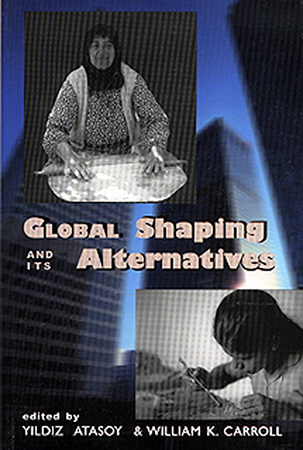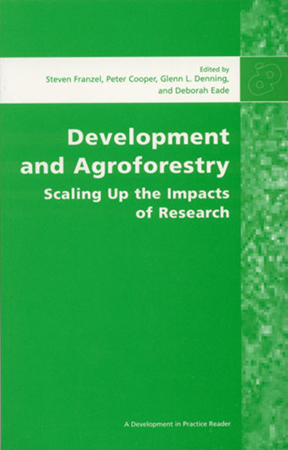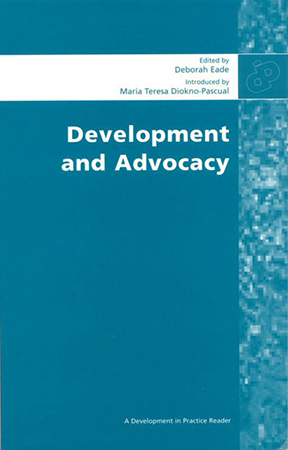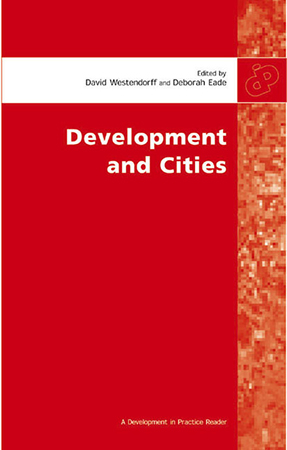BOOKS
Rahtz provides an even-handed and comprehensive discussion of the use of force in law enforcement. More >
Good Cop/Bad Cop offers the first extended review of the influence of the mass media on local and federal law enforcement in the US. Adopting an interdisciplinary approach and drawing More >
Can restorative justice be effective in cases involving the most serious violent crime? The authors of Facing Violence evaluate pioneering programs in Texas and Ohio that employ More >
The ten papers in this anthology discuss how to expand the impact of problem-oriented policing on the everyday worold of policing and crime prevention. More >
The theme of Volume 16 in the Crime Prevention Studies series is the development and application of theory for use in situational crime prevention. The theoretical perspectives and concepts More >
In 1986, Mordechai Vanunu, a technician at Israel's highly secret nuclear arms research center at Dimona, disclosed highly classified details about Israel's nuclear arms program to More >
Can local, small-scale development successes can be scaled up to create wider, long-term benefits? Focusing on this question, the chapters in Development and Agroforestry, drawn from the More >
The authors of Development and Cities focus on the political, social, and economic viability of new or alternative approaches to urban management in the South that aim to increase More >



